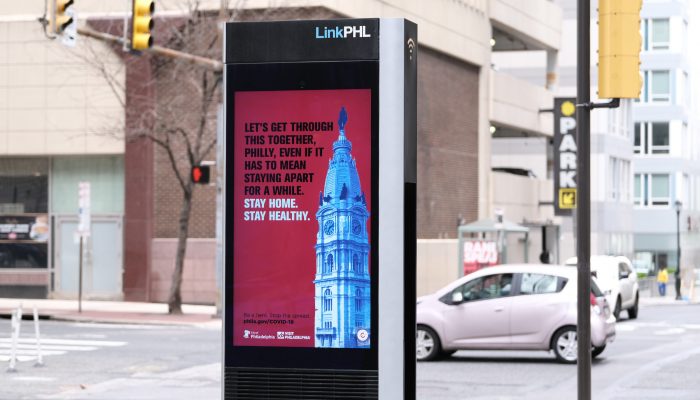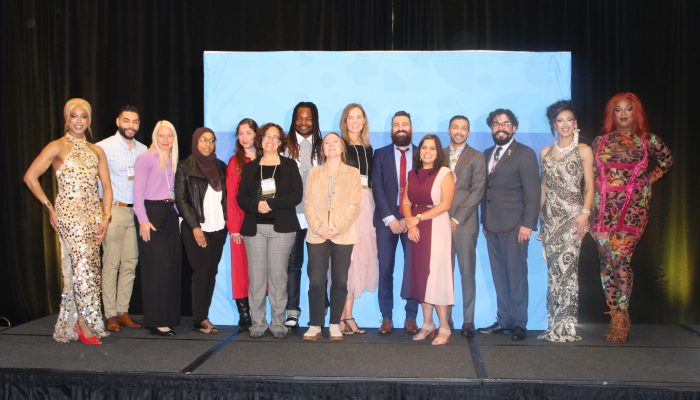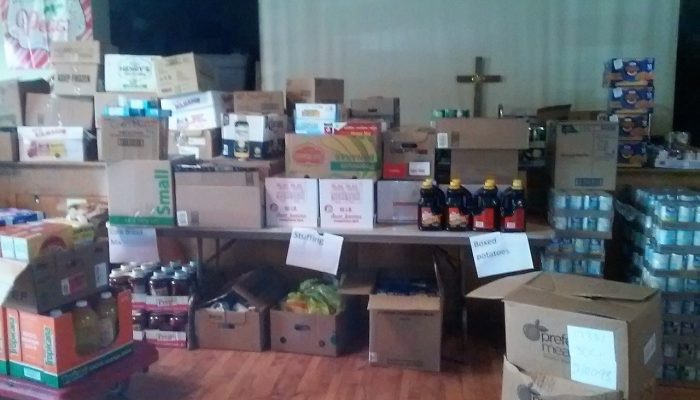People with disabilities are at a higher risk for developing serious complications from COVID-19 because of underlying conditions. For that reason, it is critical that members of the disability community and their caregivers take all necessary precautions to protect themselves.
Washing your hands is important
- Wash your hands regularly with soap and warm water, especially:
- After blowing your nose, sneezing, coughing, or being in public.
- After using the restroom.
- Before touching your face.
- Before eating your meals.
- After touching animals.
- Use a hand sanitizer on both sides of your hands if soap and water are unavailable—alcohol-based products (60 percent alcohol or higher) are recommended.
Distancing is essential
- Stay at home as much as possible—eliminate nonessential travel and skip social gatherings.
- Allow six-feet of distance between yourself and others in public.
- Consider getting supplies you need delivered rather than going out to stores, and ask that deliveries be left outside your door rather than accepting them in person.
- Avoid contact with anyone in your home that may be sick; if that isn’t possible, maintain six-feet of distance and wear a mask.
Wearing a mask protects you and others
- Wear a mask anytime you are with people outside of your household.
- Ensure your mask covers your nose and mouth so it can be effective.
- Try different types of masks—paper masks may be easier for some people to tolerate than cloth masks, and face shields are also an option for someone who can’t tolerate any mask.
- Remember, a mask is not a substitute for social distancing.
Coughs and sneezes should be covered
- Cover your mouth and nose with a tissue when you sneeze or cough.
- Try to cough or sneeze into your elbow if you don’t have a tissue.
- Throw away used tissues as soon as possible.
- Wash your hands or use hand sanitizer after touching used tissues.
Clean and disinfect daily
- Clean dirty surfaces with soap and water before disinfecting.
- Disinfect surfaces that people touch often like doorknobs, handles, tables, counters, light switches, keyboards, phones, toilets, and faucets. Be sure to follow the label instructions.
- Clean surfaces that are commonly touched several times a day if someone in the home is sick.
The Philadelphia Department of Public Health regularly updates its guidance on how to prevent transmission of COVID-19 on the COVID-19 Frequently Asked Questions page.




